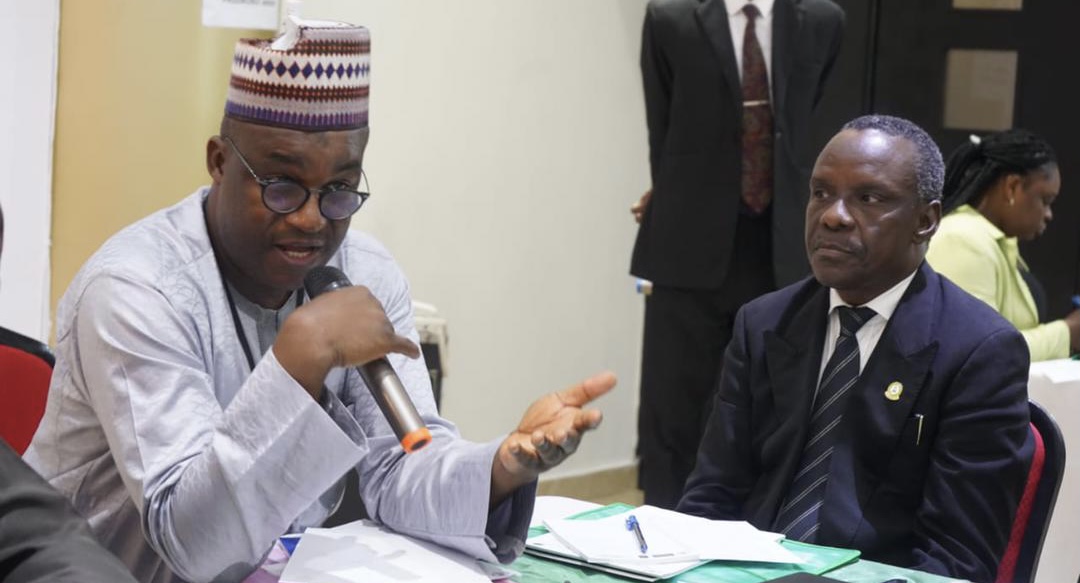The Anti-Corruption Academy of Nigeria (ACAN), the research and training arm of the Independent Corrupt Practices and Other Related Offences Commission (ICPC) has concluded plans to use the core values of the National Ethics and Integrity Policy (NEIP) to bring about positive behavioural change in the country.
The Provost of the Academy, Professor Olatunde Babawale, stated this at a meeting of experts convened to discuss and finalise training deliverables, culminating in developing strategies for the implementation of NEIP on Wednesday 5th April 2023 at Reiz Continental Hotel, Abuja.
In his opening remarks, Professor Babawale emphasized that ACAN had resolved to build on its mandate of training by exploring options that went beyond the focus on law and order, to infusing norms and behaviour change into its curricula, working with the MacArthur Foundation.
The Provost further revealed that experts had at previous meetings, deliberated on numerous relevant issues and he expected that the current gathering would enable stakeholders and beneficiaries conclude on the best strategies to actualise the behaviour change component of NEIP.
According to Professor Babawale, “Interventions such as the one engendered by this project will help give life to the NEIP and ensure that it is not just another document gathering dust on the shelves of the project beneficiaries”.
In the same vein, the African Regional/Nigerian Country Director of MacArthur Foundation, Dr Kole Shettima, stated that behavioural change is one of the 4 approaches employed by the Foundation to combat corruption, the other three being support for investigative journalism, working with Civil Society Organisations (CSOs) and support for the entertainment industry.
According to Dr. Shettima, these tools combine strategies that go beyond law and enforcement to structuring the society in such a way that norms, beliefs and behaviour can be positively influenced to combat corruption.
Dr Shettima further outlined the thought process that justifies the inclusion of ACAN as a working partner of MacArthur Foundation in combating corruption in Nigeria, explaining that it was borne out of the need to reduce the reliance on foreign organisations and ultimately cut down unnecessary costs by identifying and working with credible institutions.
In his words, MacArthur Foundation hoped that ACAN “will now form the bedrock of the knowledge base for behavioural change in our own context.”
Also at the event was the immediate past Provost of ACAN, Professor Sola Akinrinade, who took time to stress that the purpose of the experts meeting was not to compete with or duplicate the NEIP Work Plan document but rather to extract and focus on community-based ownership of the initiative in such a way that the project permeates to the grassroot level.
Professor Akinrinade also established that the experts meeting was a result of previous talks and drafts which have culminated into a prototype. He further stated that the purpose was to “approve, improve or reject” ideas until an ideal outcome was achieved.
Declaring the event open, the Secretary to the Commission, Professor Musa Usman Abubakar in his remarks recognized and thanked all stakeholders present while also stating that he hoped all discussions and deliberations would be successful.

